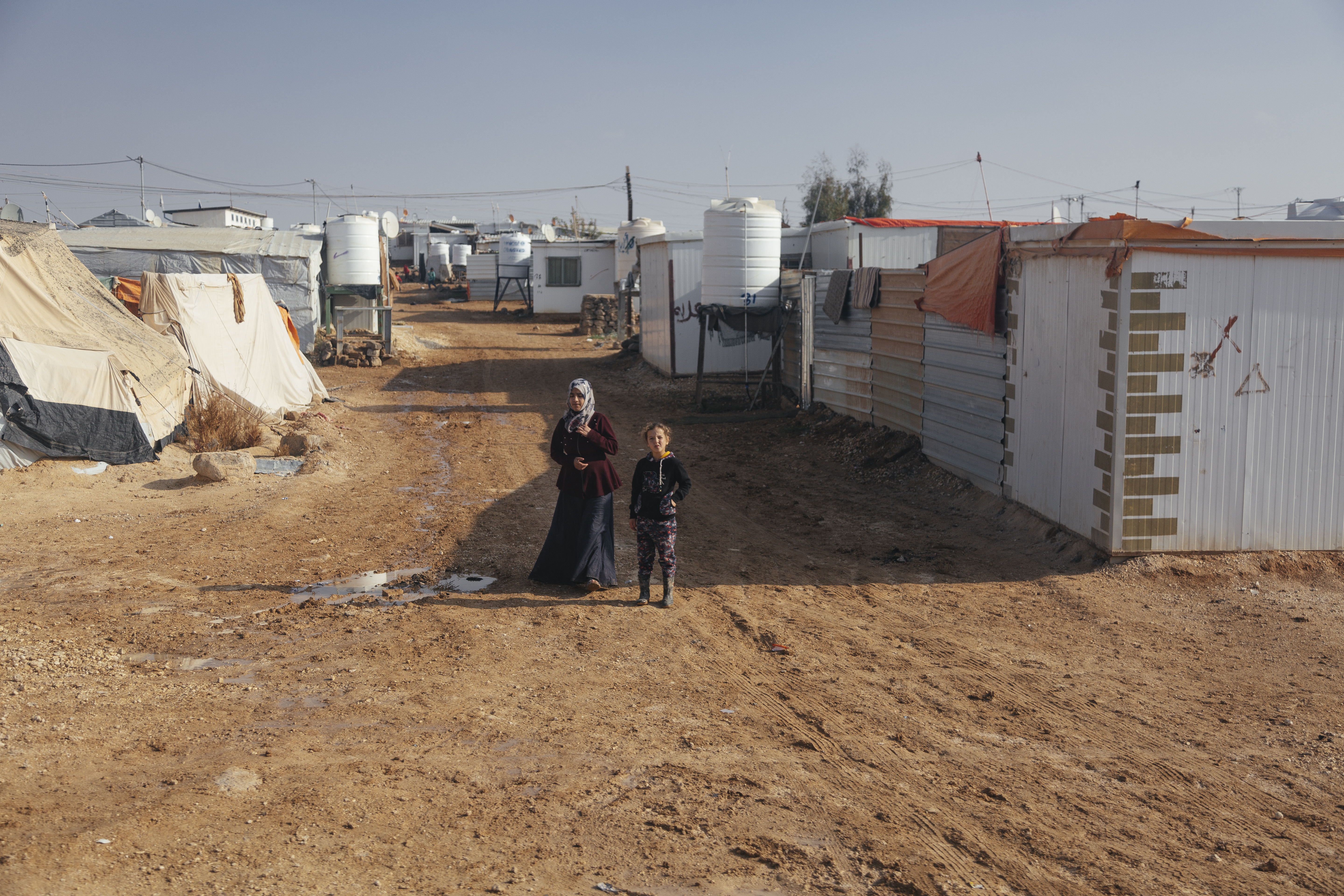Uniting
Research and Policy
Naheed Sarabi
Former Deputy Minister for Policy (2017-2020), Ministry of Finance, Afghanistan Government
Visiting Fellow, Global Economy and Development, Center for Sustainable Development, Brookings Institution
Former Senior Coordination and Partnership Advisor, Afghanistan Independent Directorate of Local Governance
Naheed Sarabi is a visiting fellow in the Center for Sustainable Development, housed within the Global Economy and Development program at the Brookings Institution. She is a development practitioner with over 10 years of experience in development policy and planning.
She served as the deputy minister for policy at the Ministry of Finance, Afghanistan from 2017 to 2020, the highest-ranking professional woman at the Ministry in the pre-Taliban administration. She has also worked as senior coordination and partnership advisor for Afghanistan’s Independent Directorate of Local Governance , the agency responsible for subnational governance, giving her hands-on experience with governance issues at all levels of public administration.
Sarabi has a strong background in core issues of development strategy and the challenges of turning conceptual frameworks into operational policy, particularly in fragile and conflict-affected states where core systems are contested or underdeveloped and levels of aid dependency tend to be very high. In her work as deputy minister for policy in the Ministry of Finance, she led a high-performing team that provided the government’s coordination and policy dialogue functions for more than 30 donors. She also led the development of the 2016 national priority programs and co-led the government team overseeing quality control for all on- and off-budget development programs. In her previous role as senior policy advisor to the Office of the Deputy Minister for Policy in the Ministry of Finance, Sarabi worked with a team of experts who helped in the development and oversight of the Afghanistan National Peace and Development Framework (ANPDF)—the five-year national development plan built around fiscal policy that was issued as a national law.
Sarabi played a key role in managing high-level, donor-government policy and pledging conferences for Afghanistan. She was a member of the core organizing team for the 2012 Tokyo Ministerial Conference and for the 2016 Brussels Conference, and she led the preparation and coordination of the Geneva Conference for Afghanistan in 2018. These assignments included developing, negotiating, and managing performance reporting frameworks for donor conditionalities; integrating budget and fiscal policy with national development program proposals; and reporting on the performance of the individual national programs supported under the overall strategy.
Her experience is not limited to the government. She served as a board member of Open Society Afghanistan before the Taliban’s takeover of Kabul. After leaving the government, Sarabi served as assistant resident representative for the United Nations Development Program in Kabul. She is also a commissioner at the International Commission for Inclusive Peace (ICIP) and at the Principles for Peace initiative.
Sarabi holds a bachelor’s in political science from the Indraprastha College for Women, Delhi University, India and a master’s degree in development management from Ruhr-University Bochum, Germany. Sarabi is a recipient of the DAAD (German Academic Exchange Service) scholarship and the Fulbright scholarship. She received her second master’s, in applied economics, from Western Michigan University, U.S.



